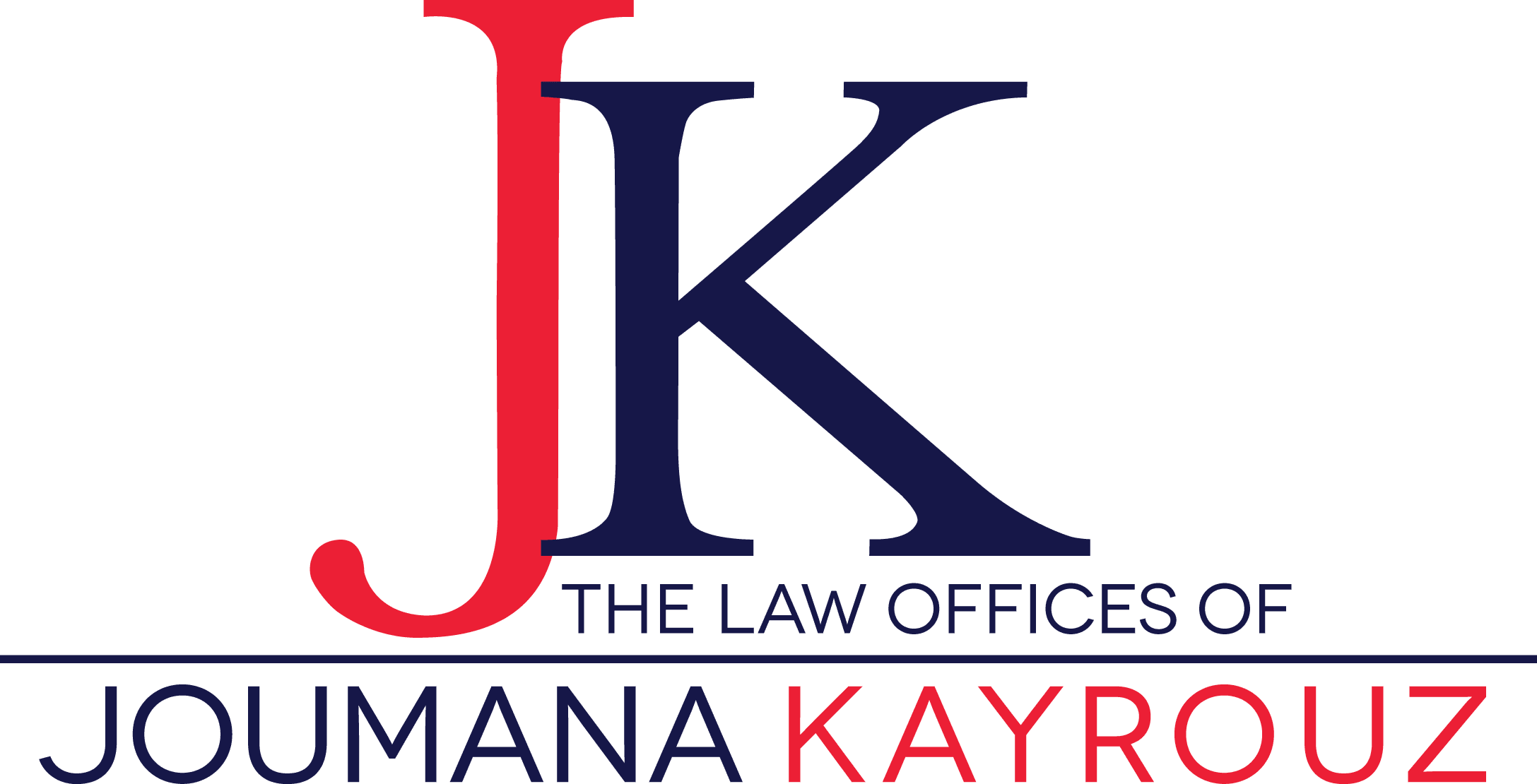Rental Car Companies Under the Reformed No-Fault Act
Rental Car Companies Under the Reformed No-Fault Act
Case Law on the books with respect to the way Personal Injury Protection Insurance benefits are pain may have already changed dramatically with the passage of the Amendment to Michigan’s No-Fault Act on June 11, 2019.
Under the old MCL 500.3114, an occupant of a rental vehicle was afforded coverage under the same scheme as an occupant of any other vehicle. First, the highest priority insurer was that of the injured occupant. Next, the insurer of the spouse or resident relative of injured occupant. This has not changed. The problem is that if under the old statute, if the occupant did not have insurance and their resident family members also lacked insurance, the owner was responsible. And this is where the change took place.
Under existing case law, so long as the vehicle was under less than 30 days, the rental car company was required to provide PIP coverage under State Farm Mut Auto Ins Co v Enterprise Leasing Co, 452 Mich. 25; 549 NW2d 345 (1996) and Fuller v GEICO Indemnity Co; (COA-PUB, 3/5/2015; RB #3414) regardless of the language of their contracts because statutes take precedence over any contractual language that may be in conflict with them. In fact, the courts have previously said that a certified self-insurer under the No-Fault Act can constitute an “insurer” for purposes of MCL 500.3114(4)(a) even if the self-insurer’s vehicle was not required to be covered by no-fault insurance under MCL 500.3101(1) or 500.3102(1) under the recent Turner v Farmers Ins Exch, Nos 339624, 339815, ___ Mich. App ___, ___ NW2d ___ (Apr 16, 2019) decision.
In Turner, the court held that the rental car company, Enterprise, which self-insured two out-of-state–registered vehicles involved in Michigan accidents, was the higher priority insurer than the assigned claims plan insurer because Enterprise was “the insurer of the owner or registrant of the vehicle occupied” and this is a binding appellate decision.
But now, in June, just two months after this appeals decision was reached, we have the change in the no-fault act. Because the logic of Fuller v. Geico was based upon the owner liability section in 500.3114, and because, post June 11, 2019, owner liability is no longer in the order of priority, it is not at all clear that this court of appeals decision would still be binding, and in fact it might be just the opposite result. However, if this didn’t muddy the waters enough, the DIFS has issued a recent opinion, 19-058-M wherein the Department of Financial Services appears to suggest that insurers must first submit revised policies before taking advantage of the new statutory provisions. Of course, this is an opinion from an agency, not a court, so whether or not this is binding is an open question. But even if it were against insurers, there also remains the question of whether or not that opinion would apply to a rental car company. Turner vs. Farmers ultimately defined Enterprise as an insurer in their holding, but in reality, they are actually a “self-insured” entity, not an insurer themselves. So, whether or not Enterprise or any other rental car insurer is required to provide PIP benefits is very much an open question. Moreover, even if the rental car company (owner of the vehicle) is not required to provide PIP benefits, they may be required under a contract provision rather than via statute.
So, where does all this leave us? The safest method is simply to put all possible parties on notice, and in the event that litigation is required, file against all possible entities that may be required to pay PIP benefits.
John T. Schroder
Attorney at Law
Law Offices of Joumana Kayrouz, PLLC
814




